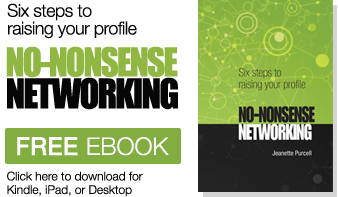Galloway’s lesson in public speaking
Two male public figures have recently got themselves into trouble for their comments on sensitive issues. First George Galloway, not known for his tact, waded into the Assange affair by introducing the bizarre notion of “sexual etiquette” in the context of rape. At the same time, in the US, Missouri congressman Todd Aiken suggests that there is a special case to be made for ‘legitimate rape’. Both parties (Galloway and Aiken) clearly regret their choice of words and have since been engaged in damage limitation exercises. But the damage is done. In fact the damage gets worse for George Galloway who has just sparked another storm by using a derogatory term for disabled people on Twitter.
I have no intention of getting into the rape debate – that’s not the purpose of this piece. But I think these recent episodes demonstrate the importance of taking some time to think before you speak. Politicians are often caught out when faced with difficult questions without notice. But we are all at risk of humiliation and embarrassment (or worse) now that Twitter, Facebook and social media in general encourages spontaneous communication.
I worked with two senior managers recently who were aiming to improve their ability to present themselves with confidence. They wanted to be able to communicate clearly and fluently, so that they could influence others and gain credibility with peers and clients. Both were enthusiastic, intelligent people with a lot to say. When we first met I asked them to deliver a presentation to me. Both presentations were full of information and moved along at a fast pace. The managers spoke very quickly , sometimes deviating from the topic, sometimes stumbling over words and ultimately failing to get their message across.
When we reviewed their presentations they both admitted to being nervous. “The more nervous I get, the more quickly I speak” said one. “Then as I start to panic, I use all the wrong words and lose my thread entirely – I completely lose my confidence.”
I asked them both to rethink their presentation, paring it down to the most essential points and the key message they want to deliver. Then I asked them to deliver the first five minutes of the presentation to me at a snail’s pace. They had to speak as clearly and as slowly as possible, pausing properly for each comma and full stop. The result was remarkable. Both found that the slower pace gave them time to articulate clearly and to think while they spoke, so that they could anticipate the next sentence and the words they wanted to use. By giving themselves extra time they lost their nerves – and gained control.
Both managers have been practising the ‘slow’ technique regularly and use it when preparing for presentations. Obviously in real situations they speak at a normal pace (which is always going to be a bit faster than it feels) but neither of them rush or gabble as they used to. Neither do they end up getting the words wrong or losing the thread – they now have time to think before they speak.
My first piece of advice to Galloway and Aiken would be to stay away from the topic of rape in the future. But whatever the subject they might also benefit from slowing down a little rather than rushing to an answer. In fact perhaps we could all try a little less spontaneity and a little more reflection before opening our mouths.
Both comments and pings are currently closed.


















